Ever since the inception of competitive PUBG Mobile in 2018, the game’s esport scene has grown exponentially. Last year featured the first time PUBG Mobile had a global esports structure with the Club Open (PMCO). Yet Tencent had made even bigger plans for the game this year.
The PUBG Mobile esports ecosystem in 2020 features a prize pool of $5 million split across several regions and tournaments around the world. In addition to the Club Open, month-long Pro Leagues and World Leagues have been planned to deliver top-notch PUBG Mobile action.
Unfortunately for fans and players alike, the coronavirus pandemic has disrupted the schedule of the leagues. With numerous esports tournaments already being cancelled, the fate of the World League remains to be seen.
James Yang, director of PUBG Mobile global esports at Tencent Games, discussed with Dot Esports the effects of the pandemic and the challenges in making PUBG Mobile into one of the biggest global mobile esport titles. He also commented on the newly-constructed studio for the game in Katowice, Poland, and more.
What has been the effect of the coronavirus pandemic on PUBG Mobile Esports?
James Yang: This year we started the Pro Leagues. It’s a very important year for PUBG Mobile because, since 2018, we started establishing the overall esports ecosystem: from amateur, semi-pro, and finally to pro.
We started the PMPL Southeast Asia which consists of many countries. This includes PMPL Malaysia, Indonesia, Vietnam, Thailand, and also Chinese Taipei.
We also started the PMPL South Asia which faced several complications due to the coronavirus lockdown and we had to put it on hold after just two days of play. The tournament resumed last month.
PMPL Americas, which was supposed to start in May, has been postponed to June. The World League has also been postponed by a month.
The main change is that the PMPL Americas and South Asia have been changed to online events. Originally, they were offline events. We had already set up everything such as the venue and the stage for these PMPLs. We couldn’t use it [because of the COVID-19 pandemic] but we are confident of delivering a quality experience for these two Pro Leagues online and for that, we have done several preparations.
What about the World League?
For the World League, we are still seeing the situation. I cannot one hundred percent guarantee that the World League will be offline. The challenge with the World League is that the teams are spread across the world due to which we can’t have a proper network. This is a key problem.
There is a limitation due to this physical distance. I wouldn’t like to go into the specifics but we are really trying to do all our research and may even bring something very new. I would be very happy if I could share more about this but we are still working on it. We are really trying our hardest to make the World League happen rather than just cancel it easily.
I know quite a lot of esports events have recently been canceled due to the coronavirus pandemic. I think that is also one of the options we can consider but we will not do that easily unless we really need to go there.
With the PMPL Americas being shifted online, how will you handle the connection bandwidth between North and South America in the PMPL Americas?
For the PMPL Americas, we set up two server groups. This is because one server cannot provide the best connection to all of North and South America. So, we selected two locations to set up the servers. One server is slightly better for North America while the other is slightly better for South America—but both are good. We are going to use these two server groups on alternative days so that the competition remains fair.
We started the PMPL Americas scrims on May 7 so that by holding these scrims, we can also test whether the network is good enough or not.
The two servers for the PMPL Americas, have you ever done this before with any other PUBG Mobile tournament?
We haven’t done this before. Even though we think that these two servers would be the fairest option for PMPL Americas, if one server can provide a good network to everybody and all teams are pleased, we wouldn’t use two servers.
What I am trying to say is that we do our best to provide a good environment for the teams to show their skills.
For example, if two servers aren’t enough we may set up one more server or even more. Thus, we are trying to provide the best environment for the teams to play in the tournament.
With the PMPLs being held online now, what are you doing to ensure the competitive integrity remains intact in these tournaments?
For PMPLs, to ensure competitive integrity, we sent an admin to all teams. That means there are 20 admins for each of the 20 teams in the PMPL.
We did this to make sure that the teams follow all our rules and to make sure there isn’t any problem. Even though it’s an online tournament, competitive integrity is important.
We are a mobile game so we have conducted more online matches than other esports games on other platforms.
Even from last year, we started developing a kind of tool to improve our environment for online matches. For example, we have a tool to check the players. This is only for professional teams who joined our match. Some players exchange [their device] with another player so that they can improve their performance. This is also cheating which we can’t allow. We have developed a tool to use the front camera of the device to check the player’s identity.
Also, device-wise we check if the player is playing on a phone, tablet, or even an emulator. Tablets and emulators aren’t allowed in professional matches.
After finishing a match, we check all the players’ gameplay. This is not only done through the automatic anti-cheat system but we check all of it manually to see whether there is any unexpected behavior that can be assumed as hacking. We also discuss internally to make sure our judgment is correct or not.
I can say that we are doing everything to keep competitive integrity high in online matches. I haven’t heard this kind of handling or preparation from other esports games yet. So, I can say that we are very prepared.
Have changes been made to the second-half schedule of PUBG Mobile esports in 2020?
For the next half-year schedule, we haven’t changed much yet. We are still considering all options and are even preparing a plan B.
For example, in December we are supposed to have the biggest offline event with the PUBG Mobile World Championship 2020. In this, top teams from the World Leagues will be joining. It is supposed to be a really big event with a huge audience. But, we still don’t know whether this virus situation is going to be better at that time so we are also preparing a plan B.
Recently, Tencent announced a partnership with ESL which featured a brand-new studio for PUBG Mobile esports in Katowice, Poland. What can you tell us about this studio?
We established our own studio there. I don’t think we can share a sneak peek yet but it’s really beautiful. The studio is fully dedicated and built only for PUBG Mobile.
Last year in Berlin, we held the PMCO Spring Global Finals. That stage was quite different from the usual PC or other esports. We tried to show our main goals as mobility, accessibility, and lifestyle. Players could lie down to play and see each other while playing [in the PMPL spring split global finals 2019].
Our current studio is a kind of improved and upgraded version of that. We shared a sneak peek [of the studio] with the top pro teams. Recently, we are having direct talks with pro teams in each region and they also loved the studio. I can’t wait to show this to our lovely audiences but just because of this virus situation we couldn’t show it.
Originally, it was supposed to be shown in PMPL Americas and the World League.
The PUBG Mobile Esports ecosystem has been designed to have a hierarchy between the professional, semi-pro, and amateur teams which features open competition. How important is this open competition structure for mobile esports?
Thanks for asking this question. This is very important for mobile esports.
Currently, people separate mobile and PC esports. When people talk about PC esports they refer to it as esports but competitive gaming on a handheld device is called mobile esports. I think eventually we will change it. I don’t think mobile esports should be separated as mobile esports. Game-wise there is a different metric as the users and devices are different. Esports-wise or audience-wise, mobile and PC esports are basically the same. I don’t think there is a clear reason why we need to separate them.
We are in a different situation than other mobile games. This is because other mobile games who are having a good esports scene don’t have a PC version. Even if they do, they all play together like in Fortnite.
We have PUBG as a PC game which started esports a year ahead but the gameplay is very similar. Graphics-wise PC can be said to be slightly better than the mobile version. The thing is, if we can’t show a difference then people don’t have a clear reason [to watch PUBG Mobile esports].
Even in the beginning, one big difficulty or homework we needed to do is how we can make our own value as a mobile esport. All our team members spent a lot of time trying to find what is something we needed to achieve with PUBG Mobile. We finally found three concepts which are mobility, accessibility, and lifestyle. These are the three concepts we keep and like to show when we are having matches.
Hence, for mobile esports, audiences are more casual than PC games and have a much easier way to access the game.
For example, this year we had over 42,000 teams register for the PMCO Spring Split which is an increase since the previous split. I think in mobile esports, the gap between the audience and the players is much smaller and more transparent than PC esports.
I believe that while watching our matches, players may feel like they want to be there and play there.
Thus, we think this open competition is very important for mobile esports. As I said, one important thing is accessibility. This doesn’t just mean device accessibility. It also refers to the accessibility to our overall structure and ecosystem.
The PMPL is a very important structure for us and also for many pro teams. While we couldn’t start the Pro leagues last year, this isn’t because we needed more time but because some organizations didn’t know which teams and players were good for them to acquire.
You know the history of Mortal. Team Soul started from the amateur India Series and then the PMCO and is now in the PMPL. They have become big celebrities. This is the kind of thing we wanted to do so that we can provide a chance for any player to become a hero and celebrity.
In PUBG Mobile competitive matches, there are 16 teams or 64 players on the map. How is the viewer experience optimized and handled with so many players on the map?
This is also a really interesting question because this is one of the biggest problems we met at the beginning. When we started esports in 2018, there were not many organizers who had an observing team.
As you said, there are 16 teams on the map but in 2018 we had 20 teams. Observers are very important as they decide the viewing experience for the audience. Observers choose to follow the team or area where the battle is happening or where the best story can be delivered.
A good observing team is very important because there are a huge number of players. Unless observers cannot catch a great battle or fight to happen, we can’t show it to our audience. In the beginning, it was hard because we had to check whether the organizers had a dedicated observing or camera team or not.
However, we can’t only depend on human power or know-how of observers to provide a quality viewing experience to the audience.
Thus, we recently developed a very important function for our observers. Even though the game is played on mobile but while streaming, we use PCs. We have a PC client only for observing. Also, this isn’t something all other gaming developers are doing. Thankfully, the Tencent dev team developed an exclusive PC client for esports so that the audience can have a better viewing experience.
We also developed the replay function. This means that some observers can replay the whole match and see the battles we may have missed and show this.
To add to the viewing experience, it is also important to share the player information and data with the audience. It’s like soccer. When watching soccer, there is always additional data such as accuracy and shots being shown to increase the viewing experience. In PUBG Mobile, we are also doing this. This is also why the Pro Leagues are important as we can obtain data so that the audience viewership experience increases as time passes.
What is the future for PUBG Mobile Esports?
This year is a very important one because we started the Pro Leagues and made the structure as an amateur to semi-pro to pro. The top pro teams will go to the World Championship. But it’s not the end. We have quite ambitious and big plans for not only one or two years but much longer.
Many people think that mobile games’ life cycle is short but that isn’t true. You can look at this for other mobile games currently and some have been running for over 7 years. I believe the reason why PUBG Mobile is so popular and will continue to grow is that it’s a kind of community platform.
You can play this game while talking with friends. We also continuously bring new game modes including exciting new features with every update.
Hence, I believe that PUBG Mobile will be worth playing even 10 years from now. We are preparing long-term plans. We are also actively communicating with players and pro teams to deliver better. I really want to share more information but I can’t. All I can say is that the audience should keep an eye on us. We will continue to provide a lot of exciting and new things.




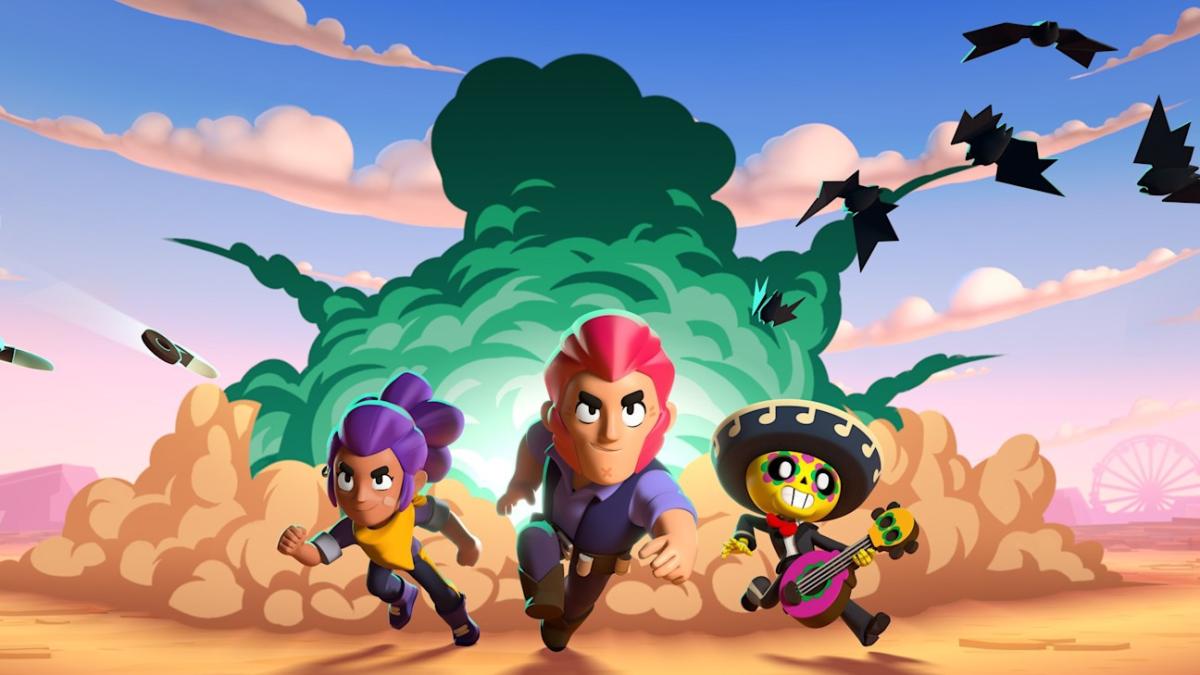
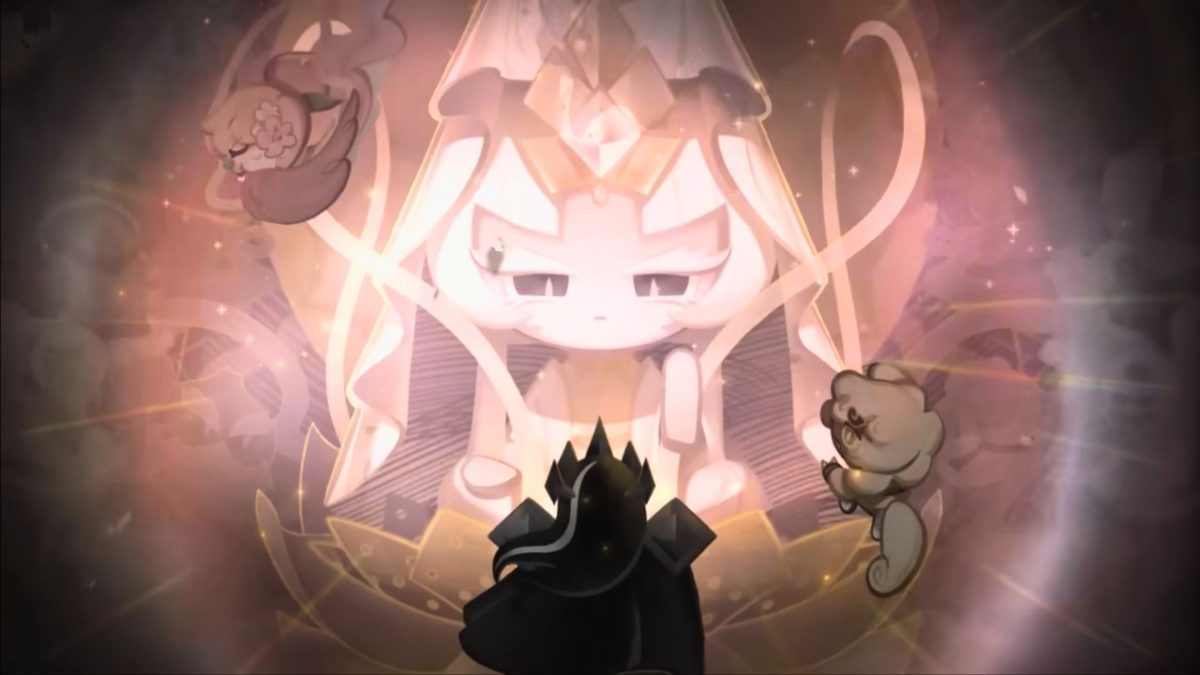
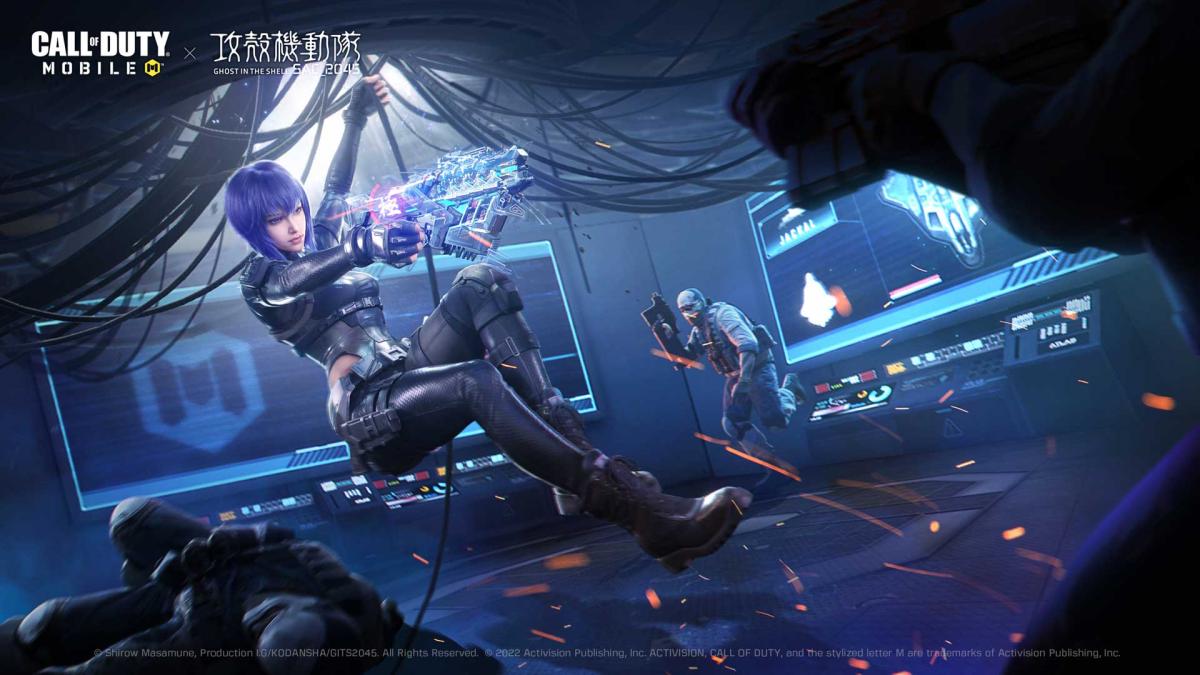
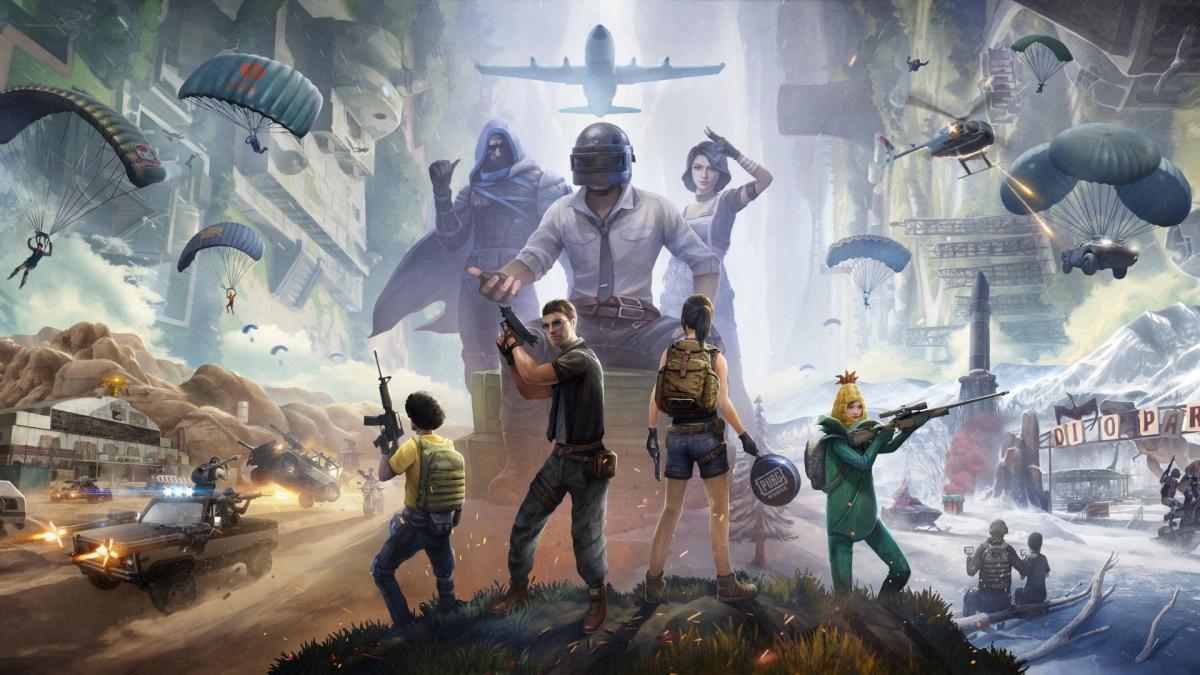
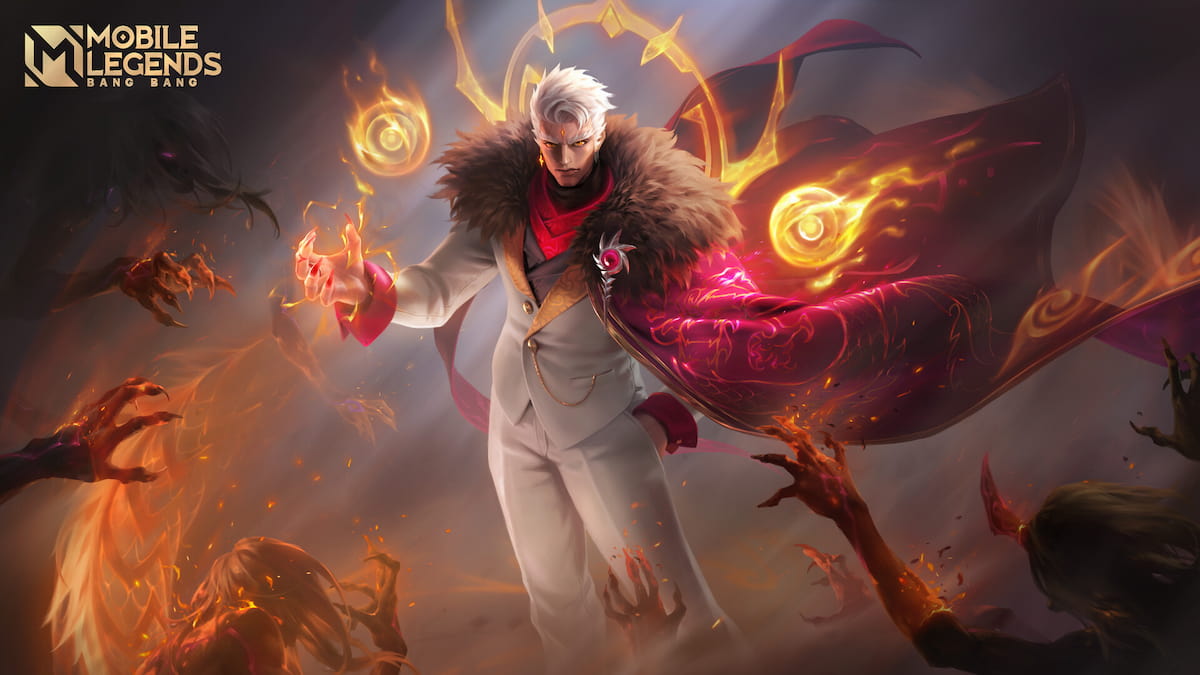
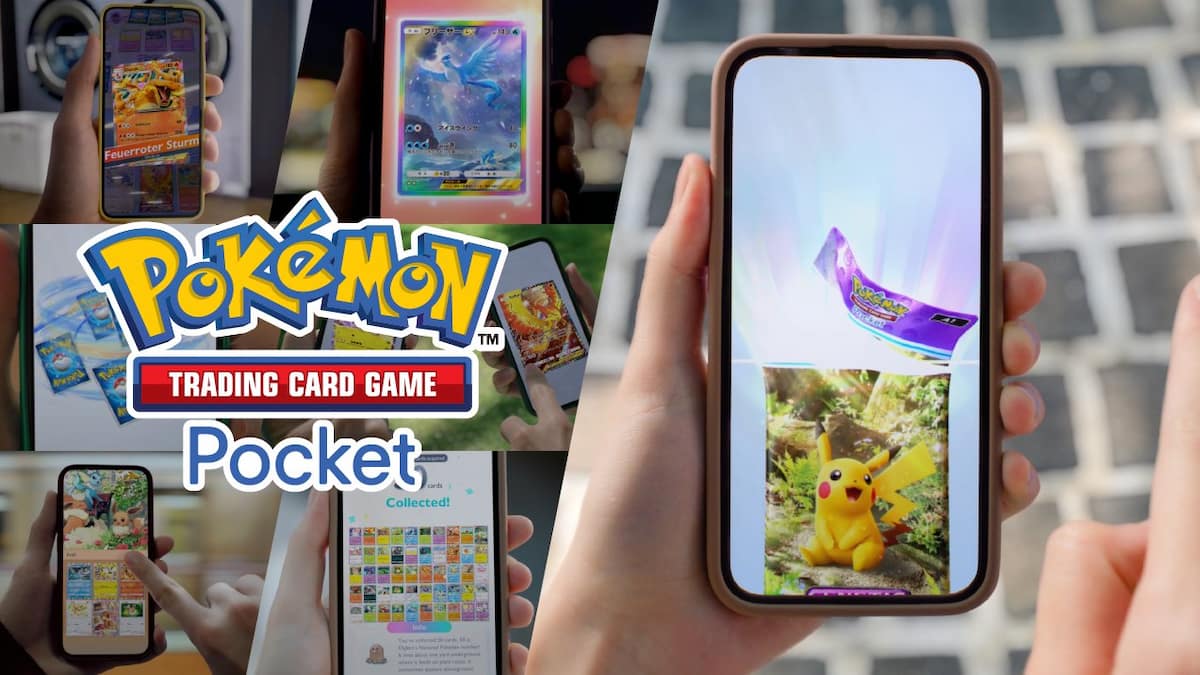
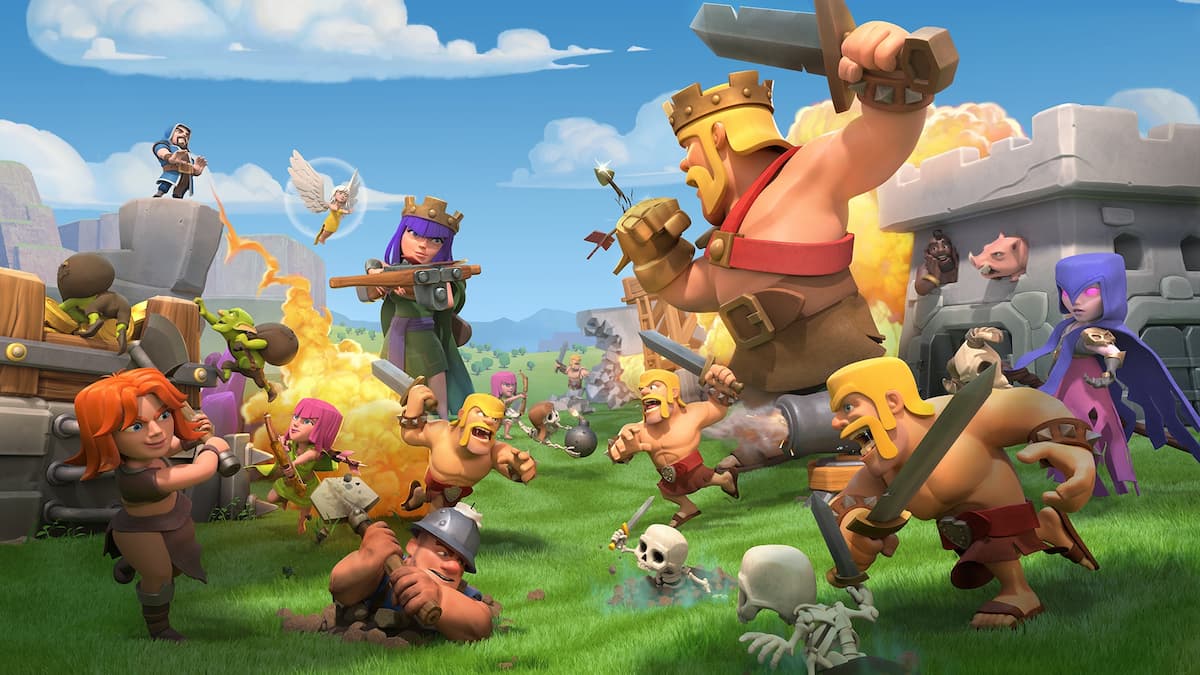
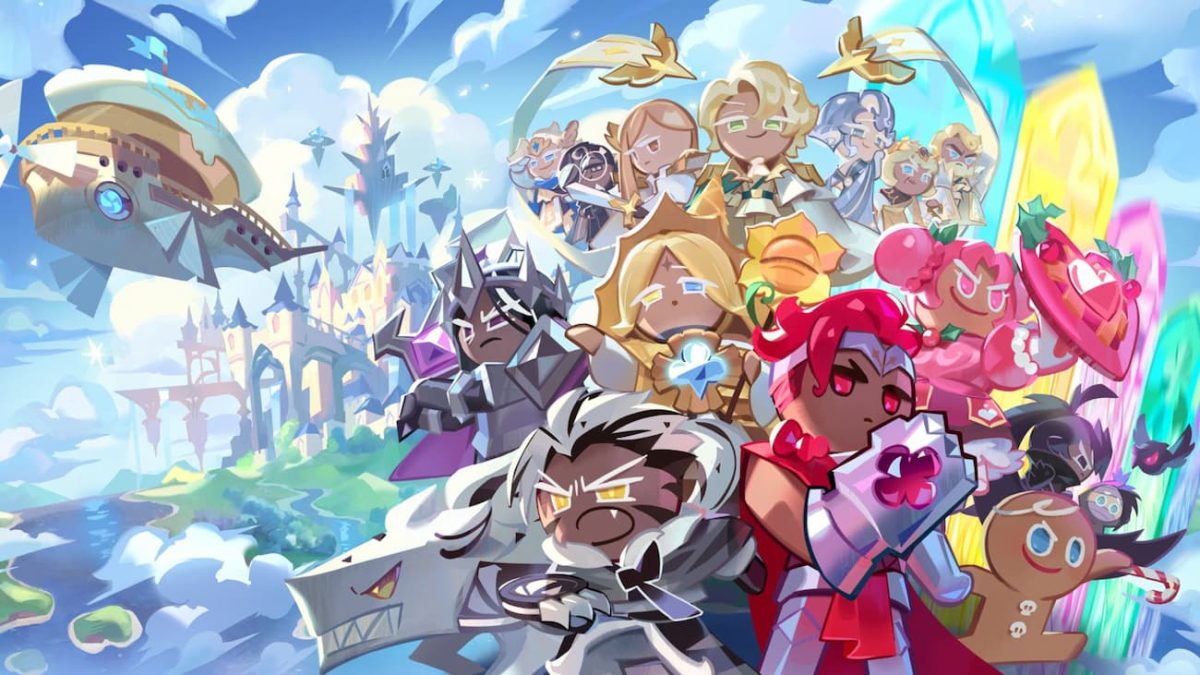
Published: Jun 7, 2020 06:51 pm